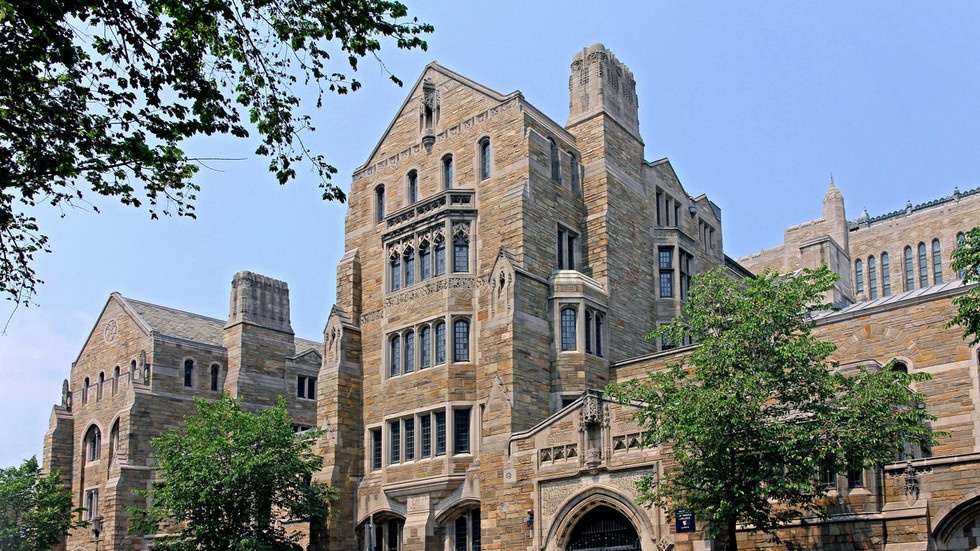Unreliable Rainfall Pattern Threatens Nigeria’s Food Security
Experts in Nigeria have warned that the country’s unpredictable rainfall pattern may lead to food shortages and increased poverty among farmers, jeopardizing the nation’s food security in the future.
According to Ms. Gloria Bulus, an environmental expert and founder of the Bridge-that-Gap Initiative, the inconsistency in annual rainfall will result in poor crop yields, leading to food shortages and hunger.
“When certain crops are meant to be planted and harvested at a specific time, inconsistencies in rainfall can affect their growth and destroy the harvest, ultimately threatening food security,” Bulus explained.
The issues with rainfall are not the only factors affecting food security in Nigeria, with agriculture consultant Mr. Charles Idonije pointing out that insecurity poses a significant threat.
“While some regions in Nigeria have soil texture that can retain groundwater for a long time, and farmers in the north have adapted to irrigation systems, human activities such as insurgency from herdsmen and Boko Haram also contribute to food insecurity,” Idonije said.
The expert recommended that the government plays a crucial role in ensuring food security by implementing the right infrastructure, such as mechanized farming, irrigation systems, and agriculture financing.
The impact of food insecurity on farmers is clear, with poor yields affecting their incomes, leading to increased hunger, high food prices, and poverty.
As Nigeria faces uncertain weather patterns, it is essential that stakeholders come together to address the issue and guarantee the country’s food security for the future.
This article has been rephrased and restructured to provide a clearer and more engaging narrative while maintaining the original information and quotes.



